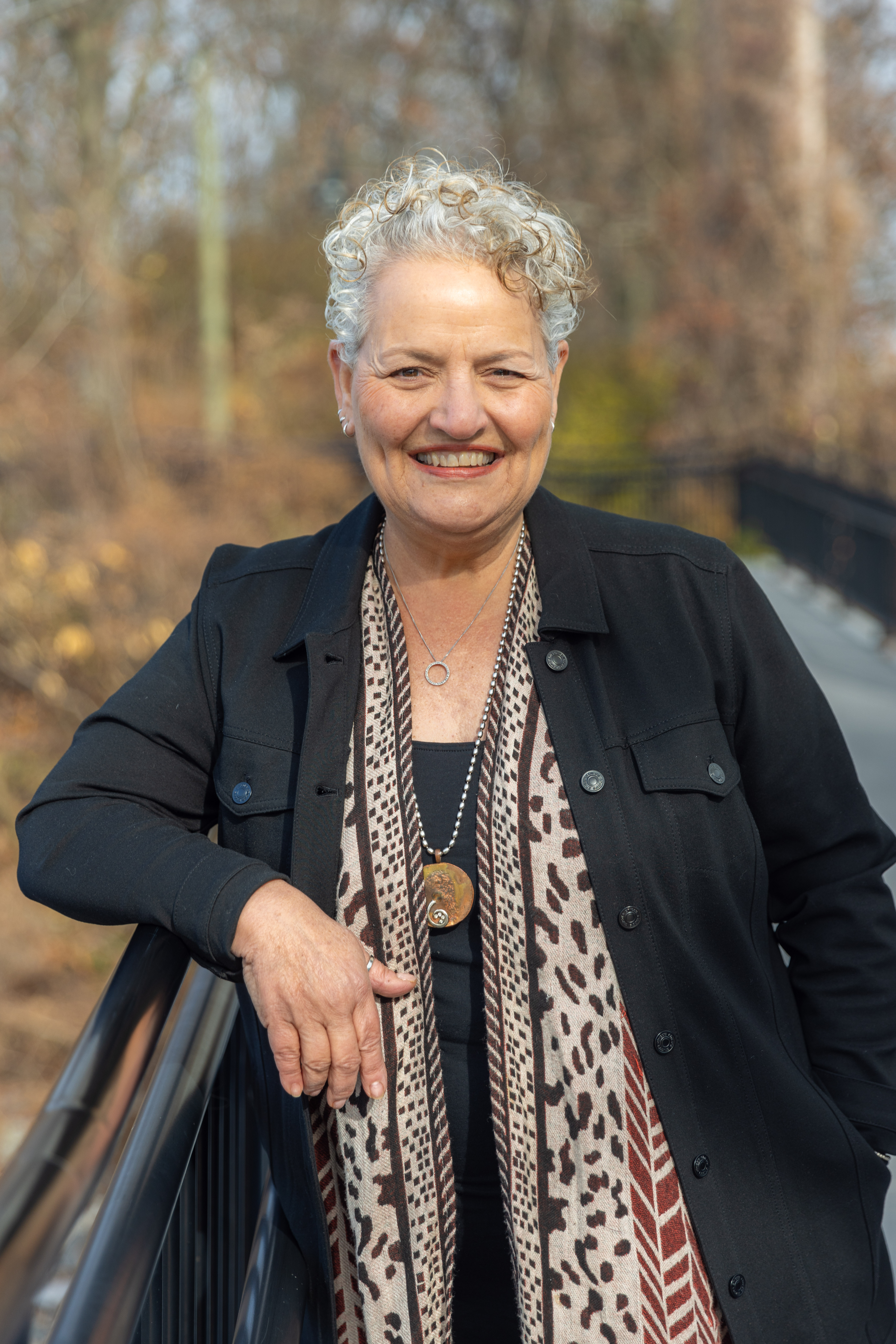
Your home should be a safe place for everyone in your household. While you can do a lot to make this happen, such as removing tripping hazards or storing medication in a cabinet, everyone should learn certain procedures and protocols to improve home safety. Go over the following tips to help everyone stay informed and ready for whatever emergencies may come your way, regardless of age.
Keep an emergency contact list handy in case dangerous situations occur, such as a house fire or medical emergency. Show every member of your household, from children to seniors, where this list is and explain what each number and who each contact is. This list should contain phone numbers for your local fire department, police station, your doctors and emergency medical services. You should also have contact information for trusted family members or friends on your list.
Learning the signs of both electrical and water malfunctions could save someone's life. Ensure that everyone in the home knows to look for frayed wires, especially near sinks or hoses, such as outdoors or in kitchens and bathrooms. Also look for drips, wet spots or bowed out areas near fuse boxes or next to water fixtures.
Mixing the two could be catastrophic for your home and your household, so everyone should understand what warning signs to look for regarding electricity and water and who to contact if anything goes amiss.
Most households use commercially bought cleaners with warning labels on them. However, learning what fumes and cleaners may irritate some house members, or which can be deadly if mixed, is key to ensuring safe handling.
Young children should not handle any cleaners at any time, and those old enough to use them should know these basics. Accidents can still happen, though. If they do, make sure everyone knows the proper protocol for cleaning out eyes, washing hands and contacting poison control.

MEET ELISA